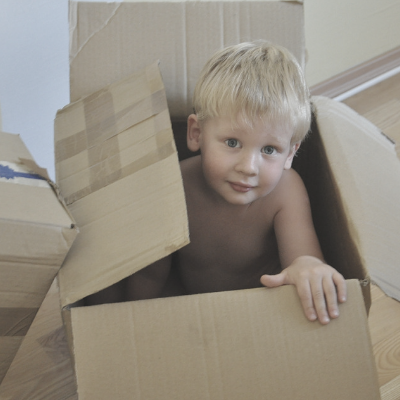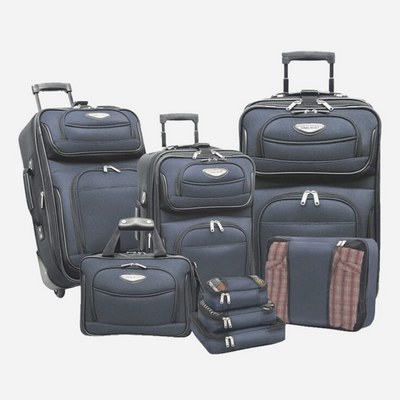 It depends on YOU whether it is.
It depends on YOU whether it is.
If you donate the right things at the right time to the right charity, you can indeed do a lot of good.
This is what NACRO (National Association of Charitable Recycling Organisation) has to say on their website:
- Ask yourself, would you give this item to a friend in need (ie it’s clean, undamaged, good quality)
- Donate direct to the op shop during operating hours or call to arrange pick-up for larger items.
- Put rubbish and damaged items in your rubbish bin.
Communicate ahead of your de-cluttering day with the intended destination of your donations, because their rules, regulations, safety laws or just the need (or no need) for certain items changes all the time.
I personally think there is nothing wrong with donating money on top of you donating goods – because it might sometimes cost more money to sell items than they are worth!
Would you buy it in an Op Shop?
If the answer is no, don’t give it to them. That’s the main reason why more and more shops don’t accept books and toys any more – because NOBODY buys them!
Start buying at Op Shops
I made that decision a couple of years ago.
I was never really sure about used clothing, but I got over it as my business depends hugely on charities being able to take what my clients have to offer. I figured, if no one buys they will stop taking things – and I would have to close my business, too!
I am more and more of an Op Shopper as I find it offers more variety and quirkier pieces. I know the staff of my local Vinnies quite well – I volunteered to do some sorting for them to get an insight what is involved and what sells. Invaluable information I can pass on to my customers – but also invaluable to me, because one of the ladies there always points out frocks to me that are my size and my taste – lake having a personal Op Shop Shopper!!!
Sustainable donating is also a solution for those who are very concerned with their contribution to the rubbish we have to recycle and store as landfill. It shifts the point of producing rubbish from letting go to when you buy it. The carbon footprint is created when you buy things not when you let go of them. Rubbish removal is the smaller part of the carbon footprint we create with over purchasing and consumption.
Clothing waste is – mostly – organic and when disposed of as landfill, does the same as food waste. It produces methane, a greenhouse gas.




